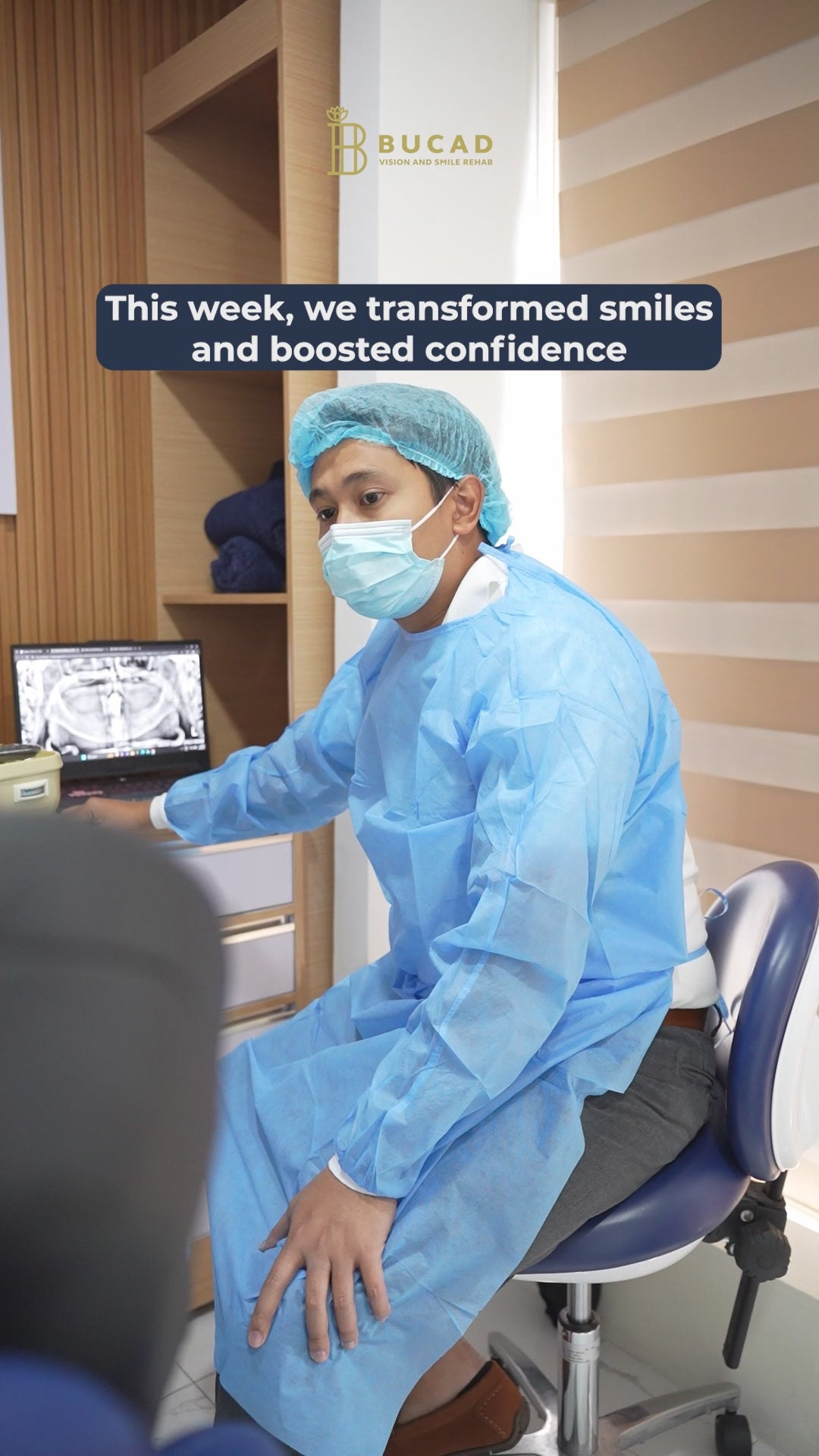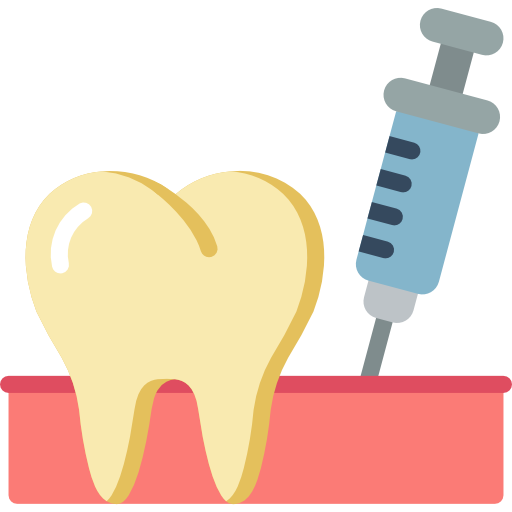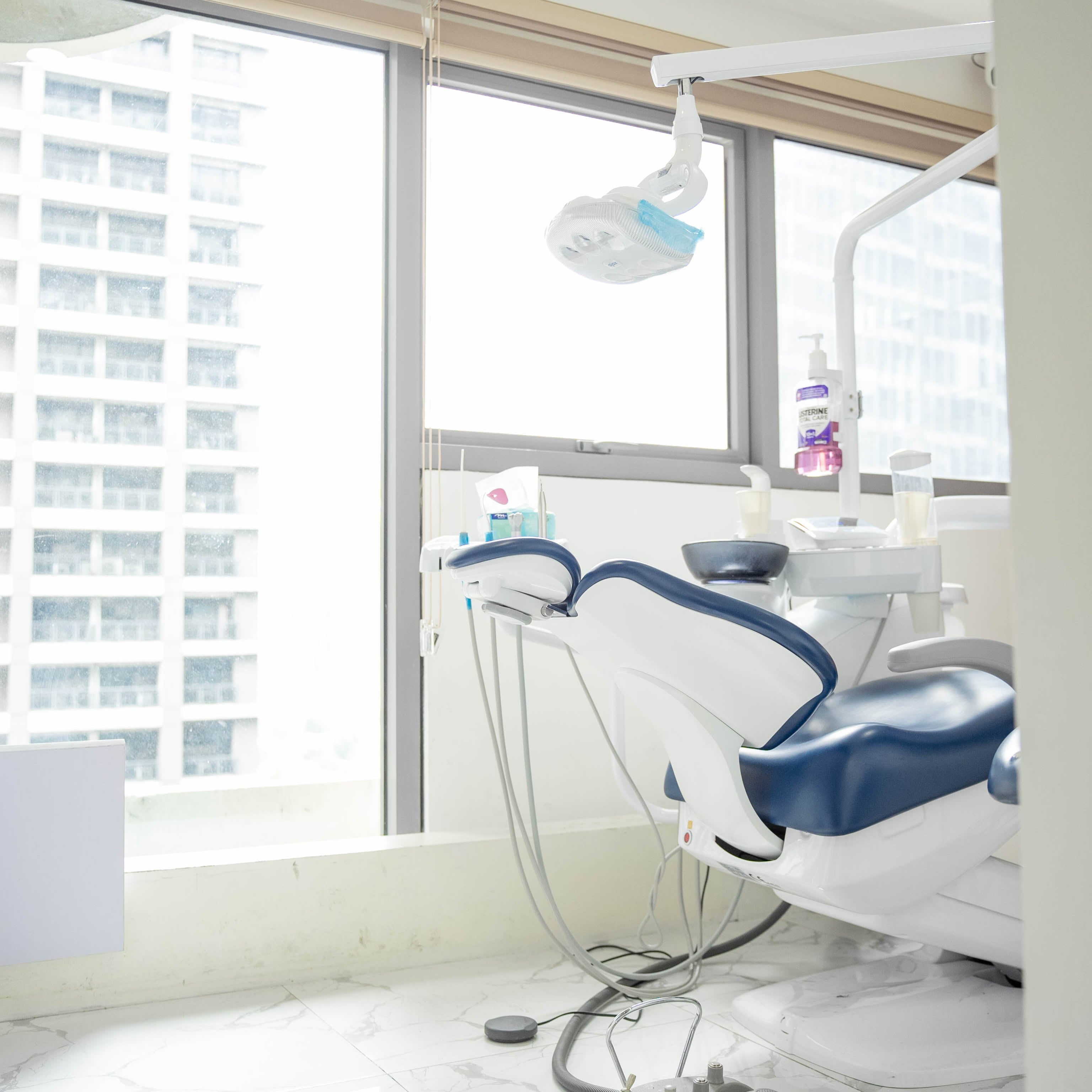LANAP (Laser-Assisted New Attachment Procedure)
LANAP (Laser-Assisted New Attachment Procedure)
Advanced Laser Gum Therapy (LANAP) is a revolutionary, minimally invasive way to restore gum health—treating gum disease with precision, comfort, and care—without the need for scalpels or sutures.
Instead of traditional surgery, we use a specialized dental laser to target infected tissue while preserving the healthy areas around it. The treatment not only removes bacteria and reduces inflammation, it also stimulates natural gum and bone regeneration, helping your smile heal from the inside out.
Experience healing without the fear. Book your laser gum therapy consultation today.
Treatment Details
Treatment Details
- No cutting or suturing
- Less pain, faster healing
- Regenerates bone and gum tissue
- Preserves healthy tissue
- Ideal for patients with moderate to severe periodontitis
Treatment Length:
Technology & Tools Used:
- LANAP uses a specialized dental laser to treat gum disease without surgery.
Post-Treatment
Post-Treatment
Immediate Post-Operative Care (First Few Days):
- Pain and Swelling: Some pain and swelling are normal after laser gum therapy, but if you experience severe pain or fever, contact your dentist immediately as it could indicate an infection.
- Diet: Focus on a liquid or very soft food diet to minimize irritation and allow blood clots to form and protect the treated area.
- Oral Hygiene: Use a soft-bristled toothbrush and brush gently, especially around the treated area, as directed by your dentist. Rinse with an antimicrobial mouthwash as directed by your dentist to help prevent infection.
- Rest and Activity: Avoid strenuous activity for a few days to allow your body to focus on healing.
- Medications: Follow your dentist's instructions for any prescribed medications, such as antibiotics or pain relievers.
- Follow-up appointments: Keep your follow-up appointments with your dentist to monitor your healing progress.

Your Smile Rehab Starts Here
At Bucad, we offer comprehensive dental care for every stage of your smile. Whether you need a single procedure or a full smile restoration, we’ve got you covered with cutting-edge care and compassionate service.
We use digital diagnostics, imaging, and minimally invasive tools to deliver faster, safer, and more comfortable treatments. Whether it’s planning a 5-minute implant or mapping clear aligners, our technology helps us create outcomes that feel as good as they look.
With personalized care, you can expect:
- Better outcomes
- Shorter recovery times
- A more comfortable experience
Not sure with what you need? We're here to help!
Whether you’re dealing with missing teeth, crowding, gum issues, or sensitivity, choosing the right treatment can feel overwhelming. From diagnostics to recovery, we tailor every step of your journey to your individual needs. We'll help you:

Identify the root of your dental concerns

Match you with the most suitable treatment

Create a plan that fits your budget, schedule, and lifestyle
Explore Other Dental Services
Ready for a more confident smile?
Bucad is here to make it happen—with expert care, modern tech, and a heart for hopeless cases.
FOR INQUIRIES & APPOINTMENTS:
📍 Visit us:
Unit 1621, 16th Floor, Centuria Medical Makati (Walk-ins are welcome!)
📞 Call or text us:
(02) 8570-9619 | 0917-876-8963 | 0917-108-1528
💻 Online consultations available for patients outside Metro Manila.

Your Oral Care Guide
What type of toothbrush and toothpaste should I use?
What type of toothbrush and toothpaste should I use?
Buy toothbrushes with medium to soft bristles. Firm ones can damage teeth and gums. Manual brushes with mixed bristle heights or angled bristles clean better than those with all flat, even bristles. Powered toothbrushes may be easier if you have trouble using your hands.
We recommend using our Deep Cleaning Toothbrush or Electric Toothbrush for your brushing needs. (see products)
Most toothpastes will clear away bacteria growth and acids from food and drinks. Toothpastes with the American Dental Association (ADA) Seal of Acceptance always have fluoride, which strengthens and protects teeth. But if you want a non-fluoride option and a toothpaste that's formulated for sensitive teeth, you might want to try our Anti-Sensitive Toothpaste (see products).
Do I really need to floss?
Do I really need to floss?
There's no getting around the need to get around your teeth daily with dental floss. It clears food and plaque from between teeth and under the gumline. If you don't, plaque hardens into tartar, which forms wedges and widens the space between teeth and gums, causing pockets. Over time, gums pull away and teeth loosen.
What foods and drinks should I limit to properly care for my teeth and gums?
What foods and drinks should I limit to properly care for my teeth and gums?
Limit sugary foods and drinks, as they can contribute to tooth decay. Avoid brushing immediately after consuming acidic foods and drinks, as they can soften tooth enamel.
What are the signs of potential oral health problems?
What are the signs of potential oral health problems?
Early signs of dental trouble may include bleeding gums, tooth sensitivity or pain, bad breath, dry mouth, jaw pain, swollen face/gums, or mouth sores.
Getting checked out right away prevents more serious problems and infections. See a dentist if you experience any of these symptoms.
Why do I need dental exams?
Why do I need dental exams?
Regular exams help spot trouble early to prevent bigger and more costly treatments later.
A dental hygienist will start by cleaning buildup from your teeth. Then the dentist will probe spots on the surfaces and near the gumline with special tools. If it's been a while between appointments, you may have some sore and sensitive areas.
You should get an exam every 6 months, or more often if your dentist recommends it. At Bucad, you can feel at ease and the dread of seeing the dentist turns to big relief. You can book your consultation with us now to prevent any complicated treatments later on.










